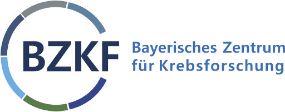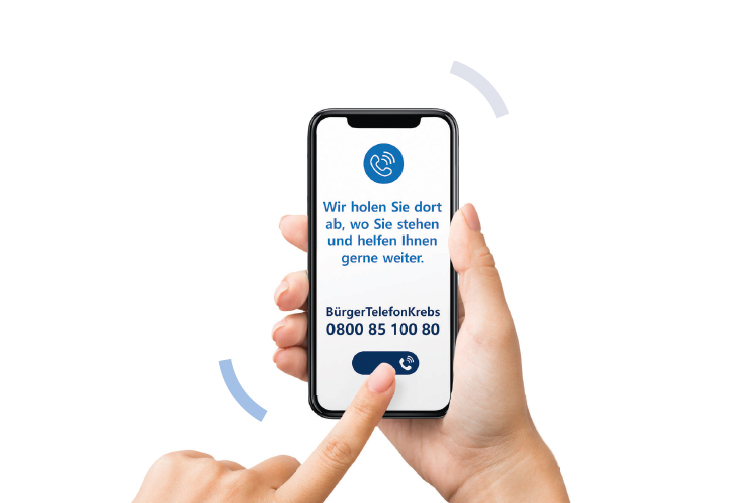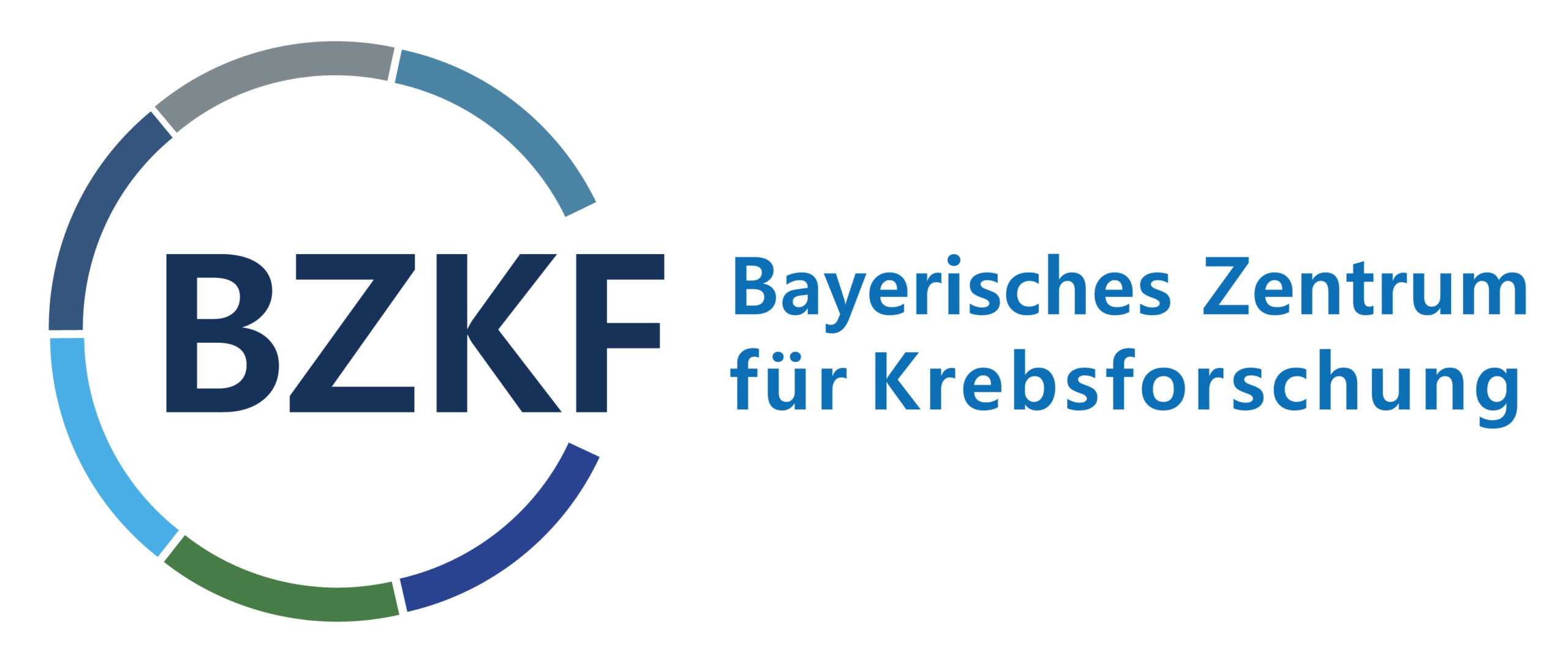How does anti-hormone therapy work?
Anti-hormone therapy is a drug-based, systemic therapy. This means that the active substances are either administered as tablets or injected and act throughout the body. The body's own hormones are switched off during anti-hormone therapy in order to inhibit the spread of the tumor. Tumor cells which could not be completely removed during previous treatments and which would not have been detected in case of doubt are destroyed. This considerably increases the cure rate. In order to benefit from this positive effect for as long as possible, anti-hormone therapy is usually carried out over several years.
There are various possible uses and combinations with other therapies, especially for breast cancer patients. The treatment plan depends, among other things, on the patient's hormone status. The duration of therapy is also influenced by this.

Side effects
Compared to chemotherapy, anti-hormone therapy is considered to be well tolerated. One reason for this is that it does not damage healthy tissue. However, side effects can also occur here. However, not everyone reacts to the therapy in the same way. Some patients experience hot flushes or sweating, for example, or suffer from dry skin. Depending on which symptoms occur and how stressful they are, patients should talk to their treatment team. There are various ways to alleviate the symptoms.

Information and support
The form and duration of anti-hormone therapy and how to deal with any side effects are best discussed with the doctor treating the patient. A program is currently being introduced at the six Bavarian university hospitals that actively involves patients in the decision-making process. As part of shared decision making (SDM), diagnoses and treatment options are explained and discussed in detail. This gives patients security and has an overall positive effect on the further course of treatment.
What is Shared Decision Making (SDM)?
Shared Decision Making (SDM) is based on information and co-determination by those affected and is currently being introduced at the BZKF sites. In the SDM process, patients decide together with the responsible experts at the Comprehensive Cancer Centers (CCC ) of the six Bavarian university hospitals exactly what a treatment plan looks like and whether adjustments need to be made during the course of treatment.
Telephone cancer counseling
You can also obtain further general information on the subject of cancer therapy via the free BürgerTelefonKrebs: 0800 85 100 80.
Our staff will be happy to answer your questions and help you!



